In the annals of modern philanthropy, few names shine as brightly as that of Bill Gates. The co-founder of Microsoft, a titan of the tech industry, has long since transcended the realm of business to become a global icon of generosity and humanitarianism. His recent declaration to devote the majority of his vast fortune to improving health and education services in Africa is not merely a philanthropic gesture; it is a profound vision for a continent teeming with potential yet grappling with formidable challenges.
Gates' announcement, made in the heart of Africa's political nerve center, Addis Ababa, resonates with a sense of urgency and purpose. Africa, a continent rich in natural resources and human talent, has long been held back by systemic issues in healthcare and education. Gates' commitment to address these challenges head-on is both timely and transformative. By focusing on the foundational aspects of human development—health and education—he aims to unlock the latent potential of Africa's people and set the stage for a prosperous future.
The significance of Gates' mission cannot be overstated. Africa is a continent at a crossroads, with a burgeoning youth population eager to contribute to its development. However, the path to progress is fraught with obstacles. The US government's recent cuts to aid, particularly in critical areas such as HIV/AIDS treatment programs, have cast a shadow over the future of healthcare in Africa. In this context, Gates' pledge to give away 99% of his fortune by 2045 emerges as a lifeline, offering hope and resources to millions.
Gates' strategy is both pragmatic and visionary. His foundation's focus on improving primary healthcare reflects a deep understanding of the root causes of Africa's health challenges. By emphasizing the importance of maternal health and early childhood nutrition, Gates is targeting the very foundation of human development. A healthy mother is more likely to give birth to a healthy child, and a well-nourished child has a greater chance of thriving and contributing to society. This focus on the early years is not just a humanitarian imperative; it is a strategic investment in Africa's future.
Moreover, Gates' call to Africa's young innovators to harness the power of Artificial Intelligence (AI) for healthcare is a testament to his belief in technology as a force for good. Africa has already demonstrated its ability to leapfrog traditional developmental stages, as evidenced by the widespread adoption of mobile banking. By encouraging the integration of AI into healthcare systems, Gates is empowering Africa to build a future where technology serves as a catalyst for progress. Rwanda, with its pioneering use of AI-enabled ultrasound to identify high-risk pregnancies, stands as a shining example of what is possible when innovation meets determination.
The Gates Foundation's three priorities—ending preventable deaths of mothers and babies, ensuring the next generation is free from deadly infectious diseases, and lifting millions out of poverty—are ambitious yet achievable goals. These priorities are not isolated objectives; they are interconnected pillars of a comprehensive strategy to build a healthier, more prosperous Africa. By addressing these challenges holistically, Gates aims to create a ripple effect that will transform communities and nations.
However, Gates' philanthropic endeavors are not without their critics. Some argue that his foundation's charitable status allows him to avoid taxes, while others claim it wields undue influence over the global health system. These criticisms, while valid in their own right, should not overshadow the tangible benefits his foundation has brought to millions of lives. The Gates Foundation's track record of success in combating diseases such as polio and malaria, improving vaccination rates, and supporting education initiatives speaks volumes about its impact.
Moreover, Gates' commitment to transparency and collaboration is evident in his approach. He does not seek to impose solutions from the outside but rather works in partnership with local governments, communities, and innovators. His vision is one of empowerment, where Africa's people are the drivers of their own destiny, supported by resources and expertise from around the world.
As Gates looks to the future, his determination to give away the majority of his wealth is a powerful statement. He envisions a world where his legacy is not defined by his fortune but by the lives he has touched and the progress he has helped to catalyze. His journey from tech mogul to global philanthropist is a testament to the transformative power of vision and generosity.
Bill Gates' commitment to Africa is a beacon of hope in a world often marred by uncertainty. His focus on health and education, his belief in the power of technology, and his unwavering dedication to improving the lives of millions offer a roadmap for a brighter future. While challenges remain, Gates' vision reminds us that with the right resources, the right partnerships, and the right mindset, Africa can indeed rise to its full potential. As the continent's young innovators take up the mantle of change, inspired by Gates' example, the future of Africa looks brighter than ever.
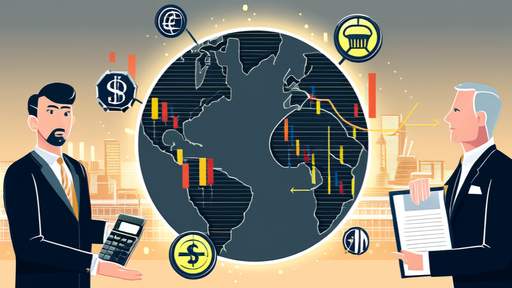
By Benjamin Evans/Jun 3, 2025

By Samuel Cooper/Jun 3, 2025

By Lily Simpson/Jun 3, 2025

By Eric Ward/Jun 3, 2025
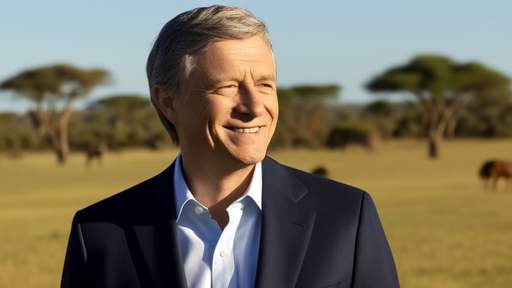
By George Bailey/Jun 3, 2025

By Victoria Gonzalez/Jun 3, 2025

By Noah Bell/Jun 3, 2025

By Rebecca Stewart/Jun 3, 2025

By Grace Cox/Jun 3, 2025
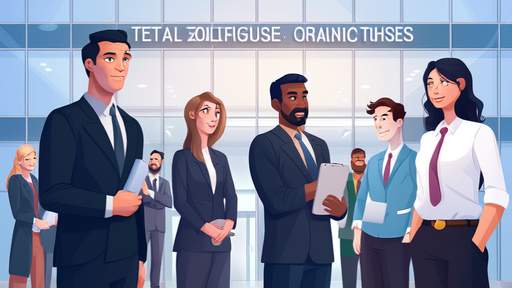
By John Smith/Jun 3, 2025

By Emma Thompson/Jun 3, 2025

By Victoria Gonzalez/Jun 3, 2025

By George Bailey/Jun 3, 2025
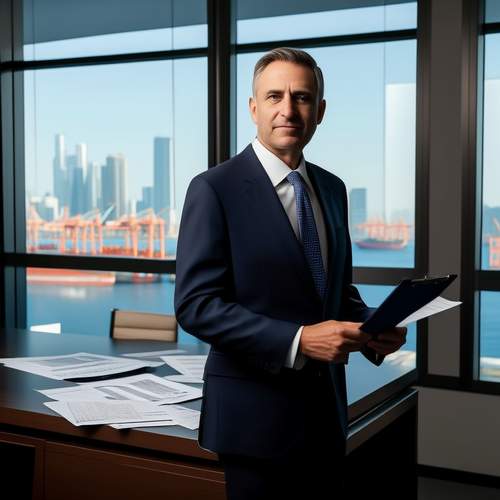
By Samuel Cooper/Jun 3, 2025

By Michael Brown/Jun 3, 2025

By Grace Cox/Jun 3, 2025
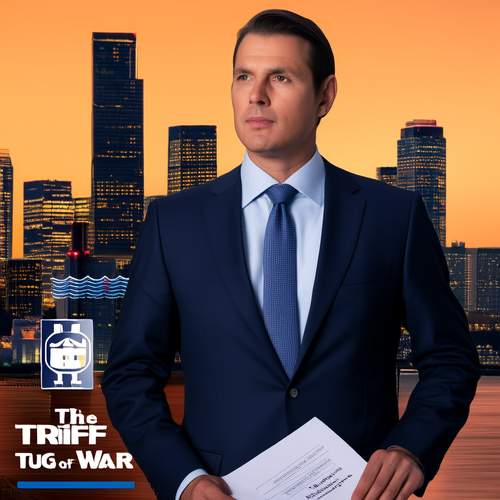
By Megan Clark/Jun 3, 2025

By Noah Bell/Jun 3, 2025

By Emma Thompson/Jun 3, 2025

By Rebecca Stewart/Jun 3, 2025